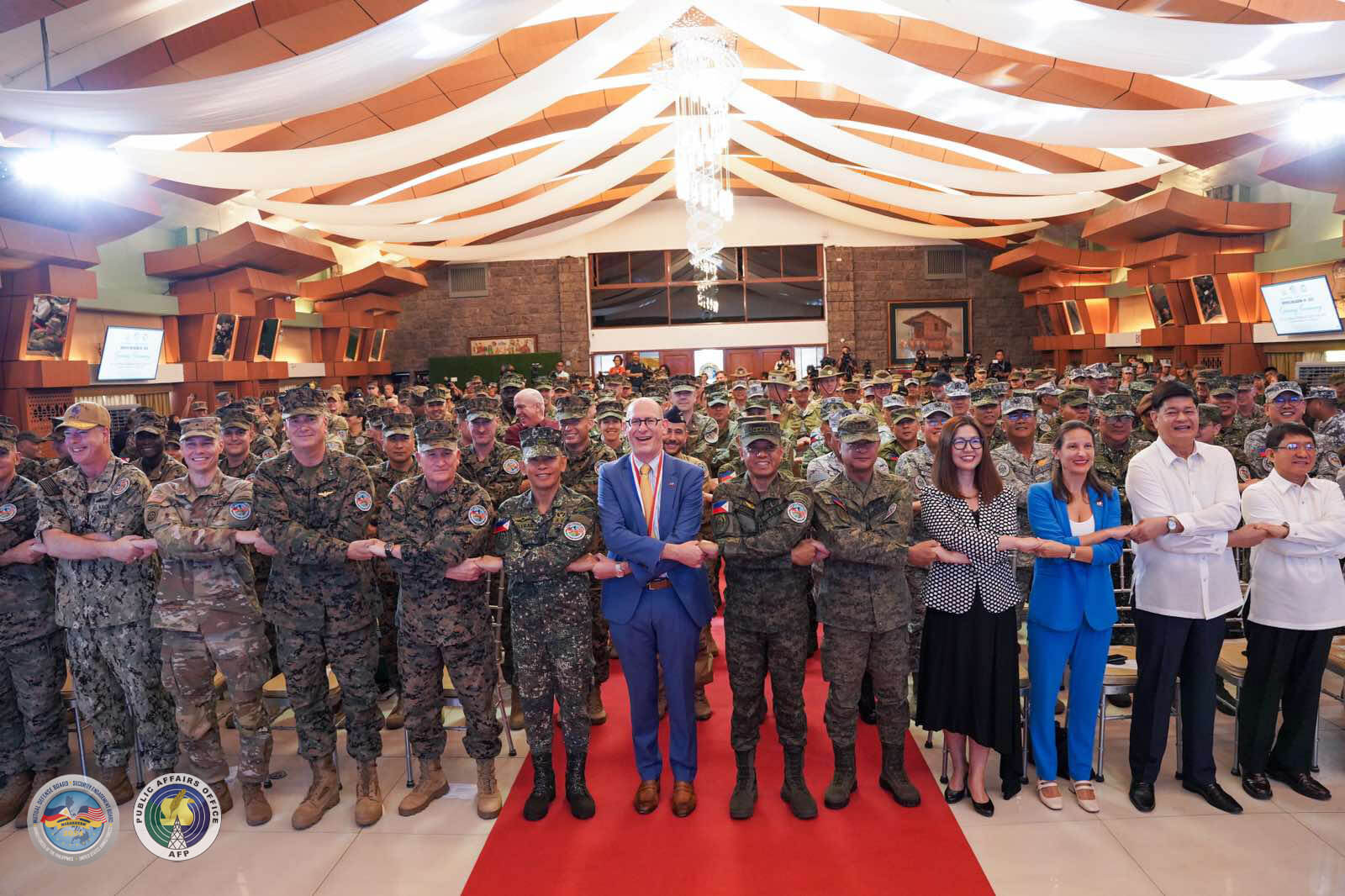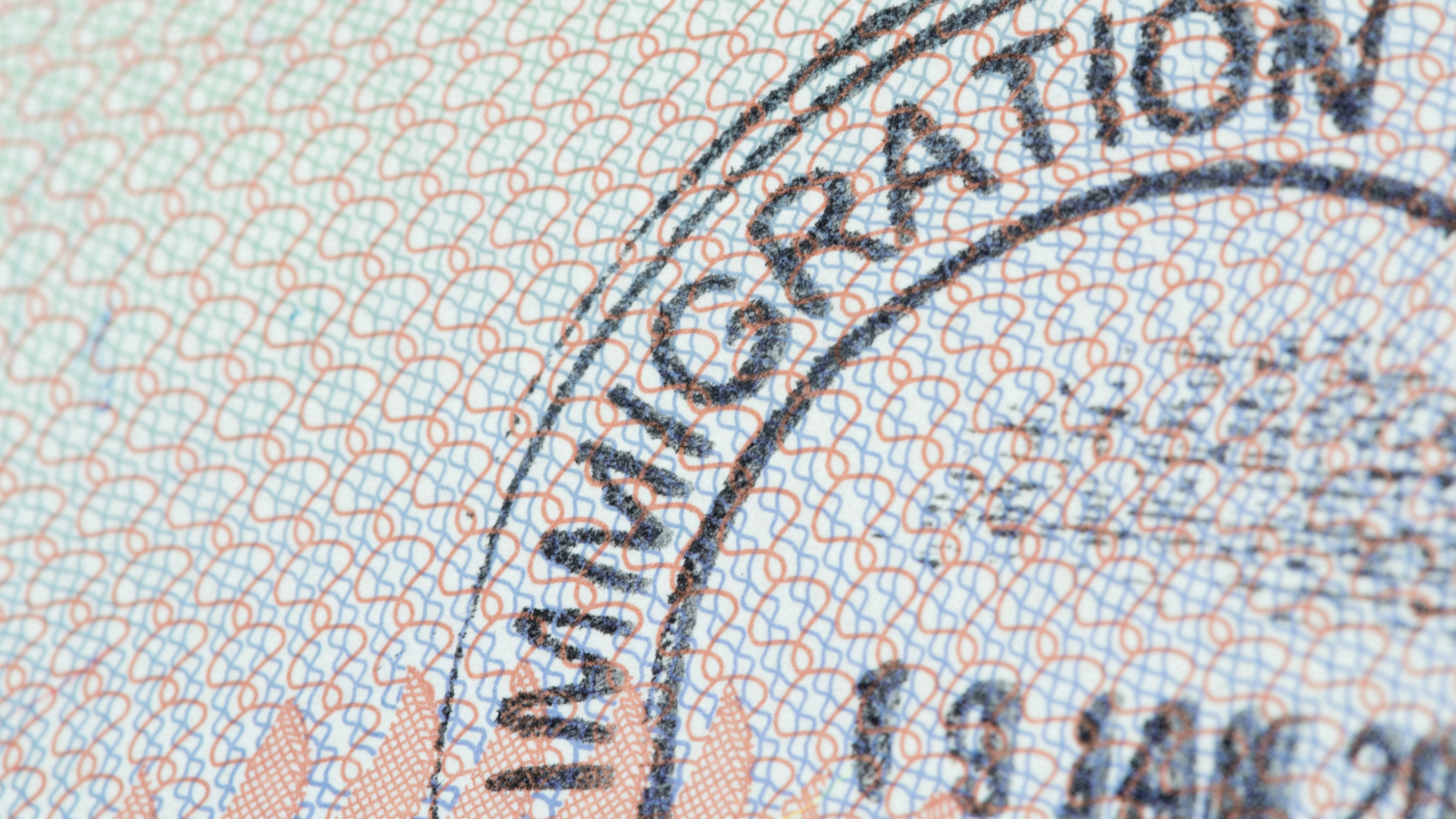The annual Balikatan military exercise kicks off this April 22, and this year’s iteration promises to be bigger and more complex than ever. The Philippines’ Armed Forces spokesperson, Col. Francel Margareth Padilla, highlighted the exercise’s unique characteristic: its constant adaptation to address contemporary security challenges.
“Balikatan” translates to “shoulder-to-shoulder” in Tagalog, and that’s precisely what the exercise aims to achieve – fostering cooperation and interoperability between the Philippines and its allies. This year’s participants include the United States and France, with a focus on maritime drills and combined operations.
A noteworthy event will be a sinking exercise involving a decommissioned oil tanker in Laoag, Ilocos Norte. This scenario will test the participating forces’ ability to work together in a simulated real-world situation.
Beyond showcasing combat readiness, Balikatan serves a larger purpose.
As Col. Padilla emphasizes, the exercise plays a significant role in strengthening regional security cooperation and promoting peace and stability in the Indo-Pacific. Importantly, she clarifies that Balikatan is not directed at any specific nation, despite ongoing tensions in the West Philippine Sea. This reassures us of the commitment to global security and stability.
The Philippine National Police (PNP) is seizing a unique opportunity to enhance its skills and capabilities. 156 Special Action Force (SAF) troopers will be deployed to Balikatan, gaining experience in critical areas like all-domain operations (covering sea, air, and land), command control, and cybersecurity. This is a testament to the PNP’s commitment to maintaining peace and security.
“Participating in Balikatan is crucial for the PNP-SAF,” says Maj. Gen. Bernard Banac, Director of the PNP-SAF. “It enhances our readiness and effectiveness in internal security operations, counter-terrorism efforts, and humanitarian response.”
Balikatan 2024 promises to be a dynamic showcase of military cooperation and a testament to the participating nations’ commitment to a secure and stable Indo-Pacific region






